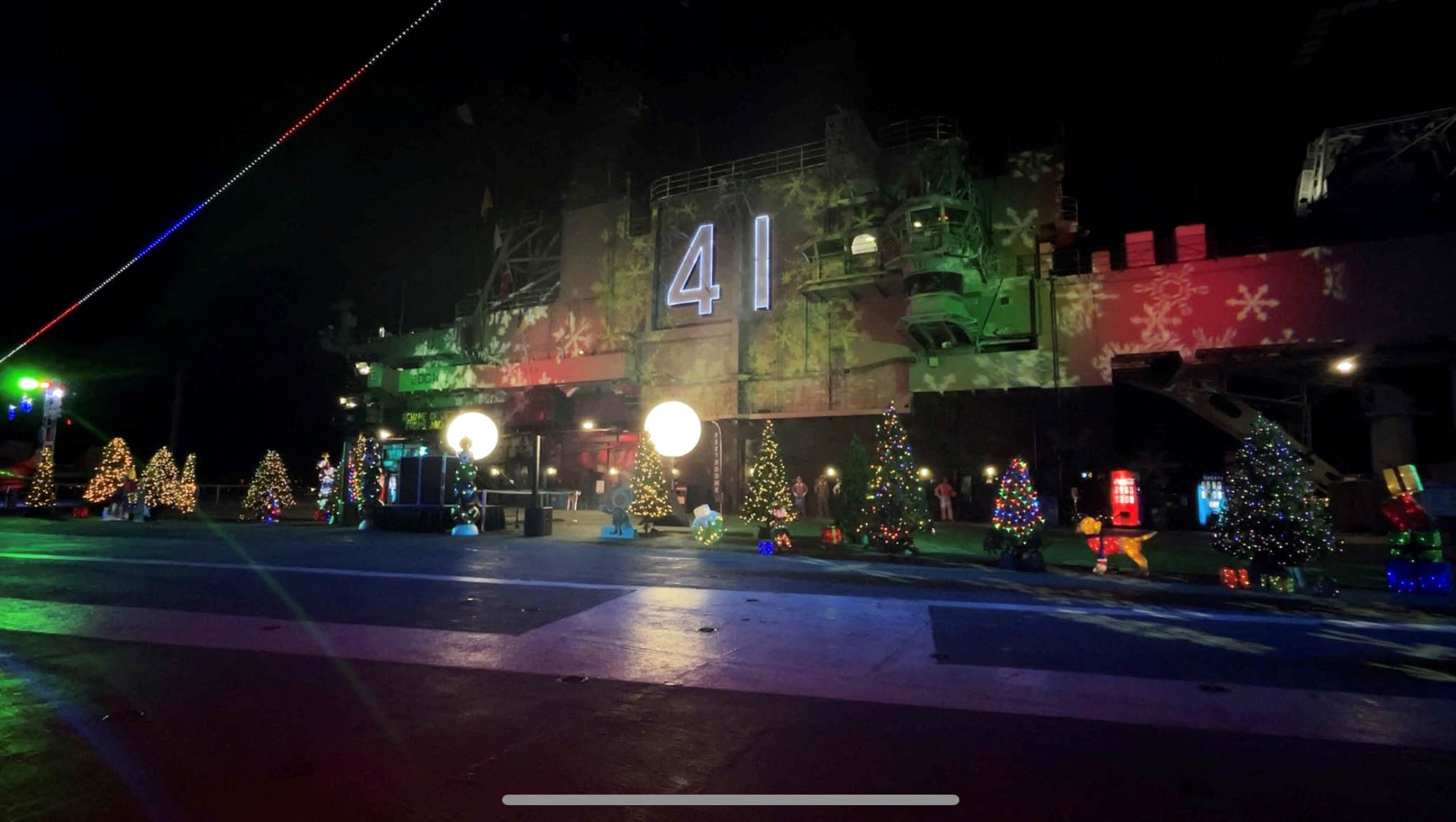Hundreds of people marched through Downtown San Diego from Horton Plaza Park to City Hall chanting “The street is not a home!” and urged city leaders to put an affordable housing solution on the November 2020 ballot.
The San Diego Housing Federation (SDHF), a non-profit coalition of affordable housing developers and advocates, asked the city’s Rules Committee on Wednesday to direct the City Attorney to draft the Affordable Housing Bond Measure that would build 7,500 affordable homes for the homeless and lower income people.
The proposed measure calls for a property tax increase of 19 cents per $1,000 of assessed value. That breaks down to an added $8 per month on a $500,000 home, according to the SDHF. If the measure passes it would raise would raise $900 million and could make San Diego eligible for millions more in funds matched by the state.
The Rules Committee voted 3-2 in favor of asking the District Attorney’s office to draft the language for the measure.
Councilmember Mark Kersey was one of the two to vote against it. In his comments, he wrote he supports the Convention Center hotel-tax measure on the next ballot, which is expected to generate $2 billion for homelessness.
However, Councilmember Chirs Ward, who attended the SDHF rally, said the Convention Center hotel-tax measure only supports homeless services, whereas the Homelessness and Affordable Housing Bond measure only supports housing efforts.
The city’s planning department said it issued 3,895 building permits in 2018 alone, and of those 3,895 only 458 were for affordable housing. Out of 5,020 permits issued in 2017 only 625 were for affordable housing, and in 2016, only 356 of 7,384 permits were for affordable housing.
Local
The city said in 2018 it preserved and rehabilitated 1,192 affordable units.
In a 10-year cycle, from 2010 to 2020, the city needed to issue 88,096 building permits under all categories, including market value and affordable housing. Since 2010, it has only issued 37,000. Of the 51,000 permits left to be issued, 49,000 are to be for affordable housing.
“There is housing out there but they are not available; so you can put your name on a waitlist and sometimes the waitlist is over a year,” said Joe Barret, who was homeless for four years before she qualified for a housing voucher and after one year, on the day it expired, moved into her affordable housing apartment.
“Knowing that it is such a difficult time to find housing, I know this is for a good cause,” she added.



